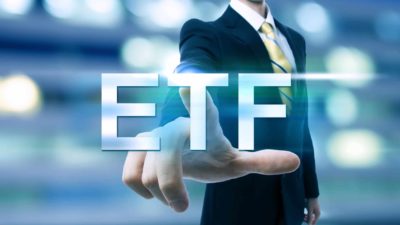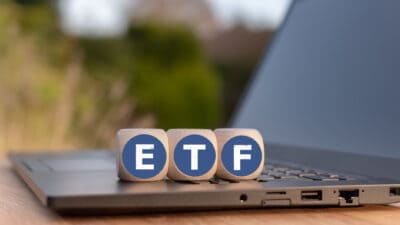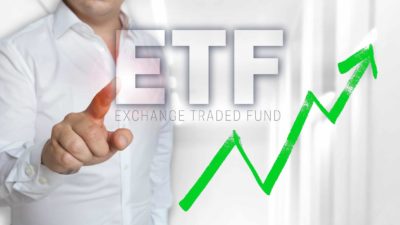The Vanguard MSCI Index International Shares ETF (ASX: VGS) is an exchange-traded fund (ETF) that I really, really like as a laid-back passive investment option.
There are plenty of ETFs on the ASX for investors to choose from. Some focus on the Australian share market, the US share market or other regions, while there are also some ETFs that invest in specific sectors or asset classes.
The potential problem with country-focused ETFs is that they don't offer that much geographic diversification. I think that the nature of the VGS ETF means, in my view, that investors could do well enough with the fund as their only ETF investment.
Excellent diversification
The ASX only represents around 2% of the global share market, so investors would be missing out on exposure to the weight of many of the world's leading markets, as well as sector diversification.
More than half of the S&P/ASX 200 Index (ASX: XJO) is invested in ASX bank shares and resources. There are five sectors in the Vanguard MSCI Index International Shares ETF that have a weighting of more than 10% as of 30 April 2023:
IT (20.4%)
Financials (14.8%)
Healthcare (13.7%)
Industrials (11%)
Consumer discretionary (10.5%)
The portfolio has around 1,470 positions in different businesses. There are so many holdings that investors have exposure to almost five times as many companies as an S&P/ASX 200 Index (ASX: XJO) fund.
Even though owning just one ETF doesn't sound like that much diversification, the underlying exposure is enormous.
There are numerous countries represented in the VGS ETF. While the US has a weighting of around 70%, many other countries have a weighting of more than 0.5% including Japan, the UK, France, Canada, Switzerland, Germany, the Netherlands, Sweden, Denmark, Spain, Hong Kong and Italy. Investors don't need to invest separately in each individual region.
Quality returns
Owning lots of businesses from many different countries isn't necessarily helpful if it means weak returns.
The VGS ETF is invested in many of the world's biggest and best businesses such as Apple, Microsoft and Alphabet. But, I wouldn't be too fixated on the current names in the portfolio because they may change in the coming years. The good thing is that we don't need to worry about which businesses to buy, sell and own – the ETF will automatically change the positions as time goes on.
Many of the biggest businesses in the world are very effective at what they do, so they're usually able to generate big profits and make good returns for investors.
Past performance is not a guarantee of future results, but over the past five years, the VGS ETF has delivered an average return per annum of 11.2%. That's a solid return and if it keeps returning at least 10% per annum over the long term then it can create good wealth for investors. I'd be happy enough if that's what my overall portfolio was achieving.
Low management fee
There are many fund managers in Australia, who take active investment decisions and charge a lot for it. Plenty of them charge at least 1% per annum (as well as outperformance fees if they beat the market over a particular time frame).
The VGS ETF has a much cheaper management fee of 0.18% per annum. This ETF strategy doesn't take much work for the fund provider to enact, which is partly why the cost is lower. Lower management fees should help the Vanguard MSCI Index International Shares ETF achieve appealing net returns over the long term.
I'd like as much of the gross returns to remain in my portfolio as possible, so the cheap management fee is attractive.









